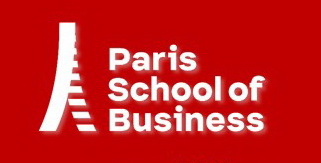Unpacking the constituents of dynamic capabilities:
a microfoundations perspective
David W. VERSAILLES (Paris School of Business, newPIC chair)
and Nicolai J. FOSS (Bocconi University,
the Rodolfo DeBenedetti chair of Entrepreneurship)
Management International, 23(4), pp 18-29 (in English)
This position paper updates about methodological and epistemological issues on the micro-foundations perspective. We propose
that conceptual divergences between the different streams of contributions to dynamic capabilities (DCs) research (the Eisenhardt versus Teece divide) hide discrepancies about
methodological aspects, and about the locus of DCs. We zoom out from current epistemological debates about the microfoundations to explain the necessity of multi-level
approaches, and to clarify the interpretation of the Boudon-Coleman “bathtub”. We elaborate on these aspects to explain how to enhance research on DCs, and more generally
in strategic management. We discuss specific issues in relation with the selection of units of analysis and with the elaboration of field research protocols. We also propose
practical recommendations adhering to the micro-foundations approach.
Keywords: Dynamic capabilities, Resource orchestration, Research heuristics, Microfoundations, Methodology of the social sciences,
Situational analysis, Methodological individualism.
JEL classification: B25, B41, L2, M1, M21.




















